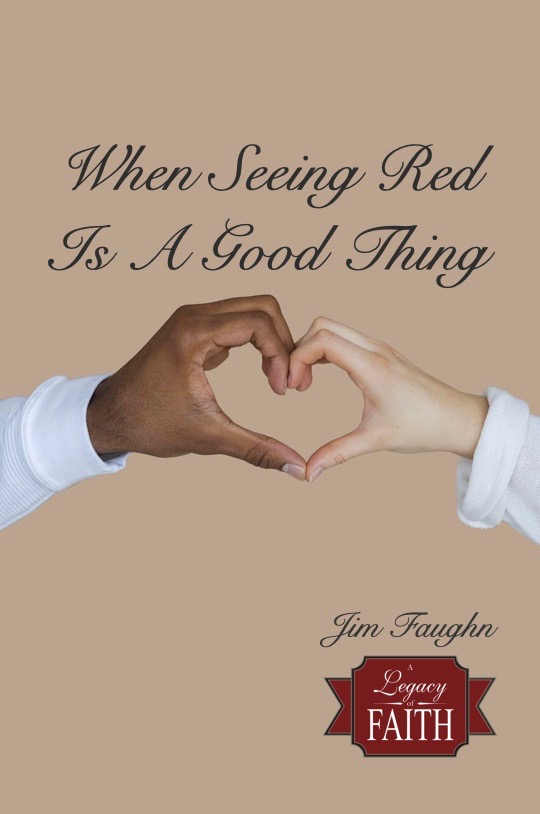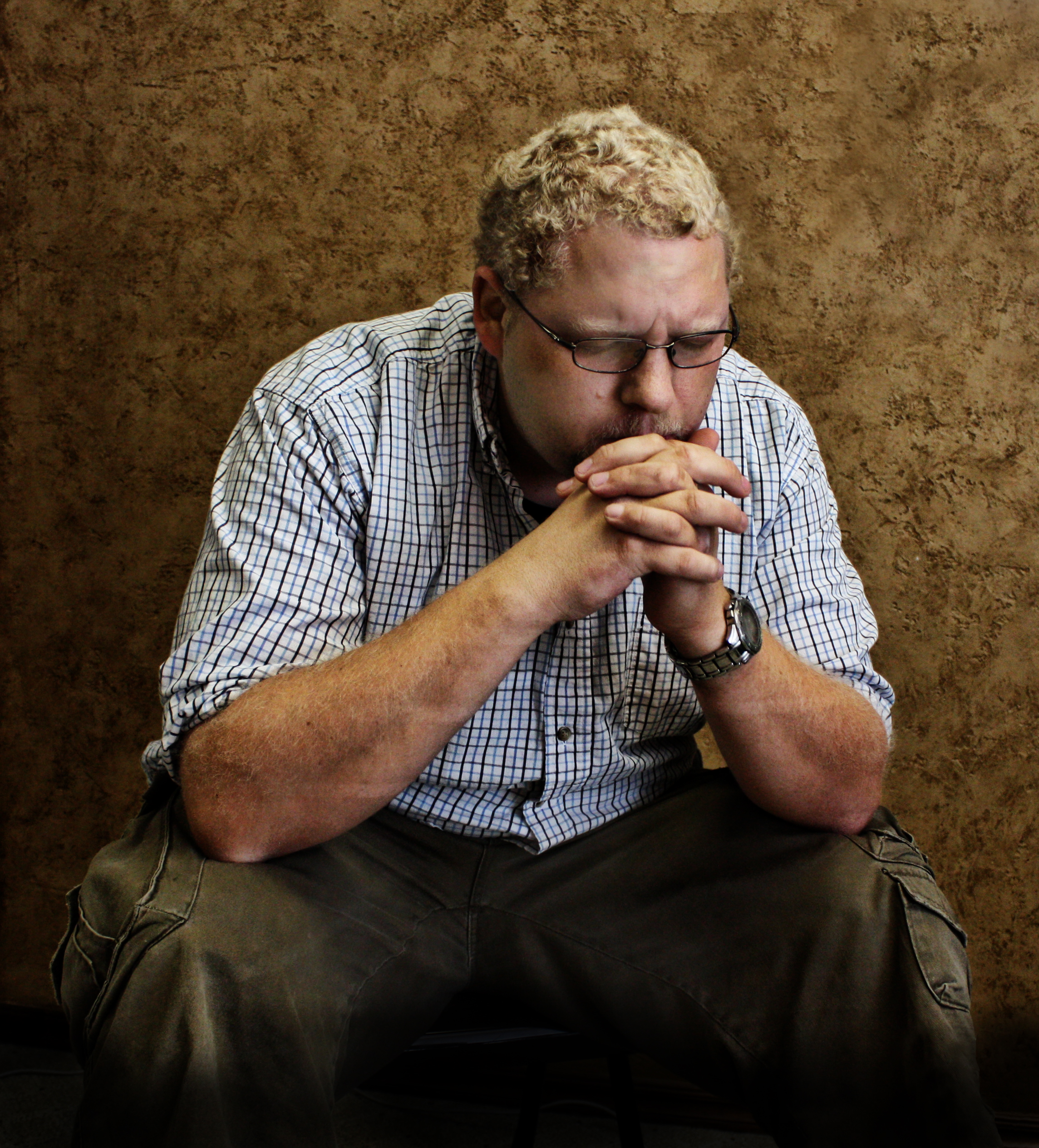When Seeing Red Is A Good Thing
The phrase “seeing red” usually has a negative connotation. If somebody tells you that they are seeing red, it would probably be a good idea to avoid them for a while until they can (to use another well-worn phrase) “cool down.”
I would like to suggest that there are some ways to “see red” that might be helpful. They may be helpful as we relate to others and as we consider the most important relationship we need to have.
I am writing these words during a time when our country is very divided. I’m old enough to remember other times we were divided by political ideologies, racial tensions, our nation’s involvement in various military conflicts, and a host of other things.
In some ways, demonstrations, angry words, acts of violence, and other things are nothing new. I’m presently reading a book about the impeachment of president Andrew Johnson. The military and various law enforcement agencies were “on high alert” during that trial and as the verdict approached. Steps were taken to try to minimize reactions that might result in destruction of property, injuries, and/or the loss of life.
With all of that said, it still seems to me that, in some ways, the time in which we now live is unique. It seems to me that more and more people are “seeing red” about more and more things.
I’m thinking that “seeing red” could actually be a solution to most, if not all of our problems. I’m suggesting some ways in which “seeing red” could actually be a very good thing.
For example, consider this statement:
…(God) has made of one blood all nations of men for to dwell on all the face of the earth… (Acts 17:26, KJV).
Regardless of the color of my skin, my political affiliation, my nationality, my social status, my educational level, the size of my bank account, or anything else, the color of my blood is red. That’s true for you as well. It is also true for every person with whom we come into contact. All of us are a part of what some call “the human condition.” We all share so many things. Why do we let the things that we do not share divide us?
There is something else we share. There is something else that fits under the umbrella of “all.”
All have sinned and fall short of the glory of God (Rom. 3:23).
It may not be the case that all of us have sinned in exactly the same way, but it is true that all of us have sinned in some way. It would follow, then, that we all need the same remedy.
The red blood that Jesus shed on the cross is that remedy. Without getting into a long discussion about this, I would point out that “without the shedding of blood, there is no forgiveness of sins” (Hebrews 9:12). If we put that verse back into its context, we will see that the writer of those words was making the point that it is the blood of Jesus that saves us, not the blood of the animals offered during the time when the Old Testament was in effect.
It needs to be pointed out that the last blood that Jesus shed on the cross was shed after He was already dead. That occurred when a soldier punctured His side with a spear (John 19:34). When that fact is compared to Romans 6:3 where we learn that we are “…baptized into His (Jesus’) death…,” it is apparent that we “contact the blood of Jesus” when we are baptized into Him.
This is in keeping with two important, but often overlooked, passages that deal with our forgiveness. Matthew 26:28 records Jesus as saying that His blood was to be shed “…for the remission/forgiveness of sins.” Acts 2:38 informs us that those who heard the sermon on the Day of Pentecost were told to “…repent and be baptized for the remission/forgiveness of sins” (Acts 2:38).
We also learn that the blood of Jesus, as well as the lifestyle we choose after we are baptized both play a vital role in our fellowship with God and with other Christians.
If we say we have fellowship with Him (God) while we walk in darkness, we lie and do not practice the truth. But if we walk in the light as He is in the light, we have fellowship with one another, and the blood of Jesus His Son cleanses us from all sin (1 John 1:6-7).
I am thankful that the blood that courses through our arteries and veins makes us all the same at a very basic level. If we could ever fully realize the depth of what that means, many of our “societal ills” would dissipate quickly. I am also very thankful that the blood that was coursing through the arteries and veins of Jesus was shed so that I can be forgiven of my sins and be united with Him and with other Christians.
Along with all of that, there is at least one more way in which I would suggest that all of us need to “see red.” In many Bibles, the publishers have chosen to print in red the words which were actually spoken by Jesus.
Among those statements, we find these:
The words that I have spoken to you are spirit and life (John 6:63).
The one who rejects me and does not receive my word has a judge; The word that I have spoken will judge him on the last day (John 12:48).
All of us need to “see red” in the sense that we are all part of God’s family by creation, but need to be part of His family by salvation. We need to also see that the One who offered Himself to be our savior, will someday be our judge.
To Receive Every Article from A Legacy of Faith through Email for Free, Click Here
AUTHOR: Jim Faughn



